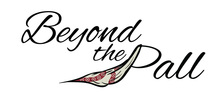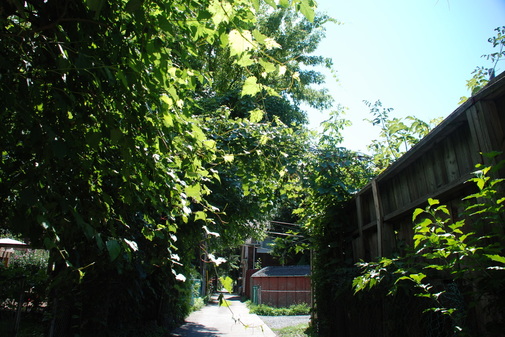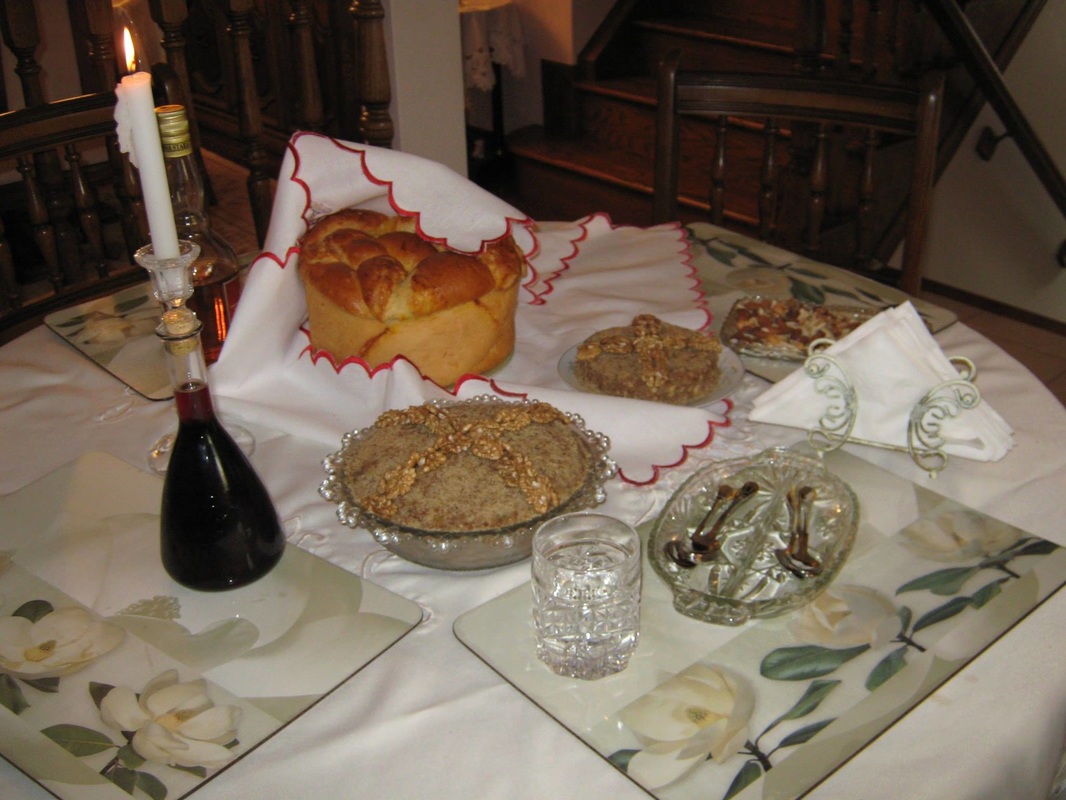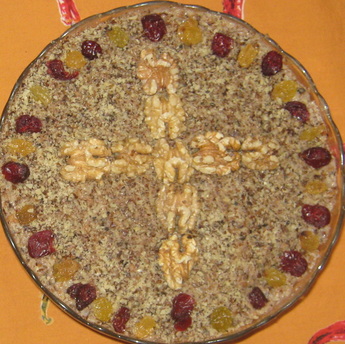It comes down to how we understand life. When has a body suffered so much, that it is time to allow the person to go? Is it living to spend years on machines without a possibility to wake up and resume a full life again? What makes up a full life? We need to grapple with what life means for you and have that conversation with those closest to you. One day you might find yourself in a position where you can no longer make medical choices for yourself. Make sure you have chosen your medical power of attorney. Medical power of attorney is also known as: health care proxy, durable power of attorney for health care. For us in the modern world, we must be able to speak freely with those closest to us about these tough topics. We need to be able to talk about what we believe makes a full and livable life and what does not. I love life. I desire to live as long as possible, but I have also lived enough to know that medical emergencies happen and spouses or children are left with though choices. As we need to talk about death, we must talk about life. When we know what life is, we can better handle the end of life issues that we all must face at one time or another.
|
The modern medical world has drastically changed the way perceive the potential of our lives as a whole. As women, we have been able to put off child rearing until later. Prescreening for many cancers has allowed us to catch certain cancers before they take hold and end our lives earlier than we had hoped. The miracle of blood transfusions saves countless lives daily. Miracles in medicine happen every day. That is the good news. The bad news is that because so much can be done to save our lives, sometimes we are left to figure out when it is time to let go and allow death to happen. While determining the point of death is not a new problem, determining when we have done what we can to save a life is a modern problem.
It comes down to how we understand life. When has a body suffered so much, that it is time to allow the person to go? Is it living to spend years on machines without a possibility to wake up and resume a full life again? What makes up a full life? We need to grapple with what life means for you and have that conversation with those closest to you. One day you might find yourself in a position where you can no longer make medical choices for yourself. Make sure you have chosen your medical power of attorney. Medical power of attorney is also known as: health care proxy, durable power of attorney for health care. For us in the modern world, we must be able to speak freely with those closest to us about these tough topics. We need to be able to talk about what we believe makes a full and livable life and what does not. I love life. I desire to live as long as possible, but I have also lived enough to know that medical emergencies happen and spouses or children are left with though choices. As we need to talk about death, we must talk about life. When we know what life is, we can better handle the end of life issues that we all must face at one time or another.
0 Comments
Today my family celebrates our Slava. When I was first interested in the Orthodox Church, I learned about the Serbian Slava. Most Orthodox Christians celebrate a Name’s Day on the day the church celebrates the particular saint for whom the person is named. The Serbian practice is different. Serbs celebrate a Slava, remembering the day the family became Christian. Many will remark that many of the traditions date back to pre-Christian times. That may be so, but what has always attracted me to the Orthodox Church is that nothing gets lost. We take things, baptize them and incorporate them into regular practice. I loved the idea of the Slava where the family meets and celebrates through prayers, special food and a gathering of loved ones. When I learned about the Slava, I knew I wanted one. Being a Lynch, it looked like it would be very hard to get a Slava. As it happened I married into a Serbian family. We celebrate our Slava on St. John the Baptist.
Today, I will look at the use of zito (zhito), or koliva at the Slava. Orthodox Christians use sweet wheat for funerals and memorials. We make the sweet wheat to remind us of our hope in the resurrection. (John 12:24) The sweetness of the dish also reminds us of the sweetness of the memories of those we love. In the Slava, we make the zito and pray for those in the family who have died. We remember as far back as we know to remember. This teaches us that we do not spring from nowhere, but that we are here in this moment because of the love and hard work of those before us. I teach my boys that we are not just individuals, but part of a whole that has been here long before us. I teach my boys that the love of the family comes down through the generations and connects us. On this day, we connect the past to the present and we move forward in love. I woke Monday morning to a Facebook post from my friend living in London stating how brokenhearted she was that Mr. Bowie had died. I was shocked. Like many of us, I did not know he was ill. He had always kept his private live private. I admire him for that. Clarity describes much of his work. Clarity of thought and simplicity of line are so often hard to achieve. He did it all too well. While he left us too early, he died well and died in the way he saw fit. Today, I dedicate my blog to David Bowie and his work. Here are a few of my favourite David Bowie videos shared this last week. I hope you enjoy them. If you are a singer, this one is a real treat. And may his memory be eternal.
Last month I was quite ill and ended up in the ER twice in one week. At registration a woman asked me if I had a DNR (Do Not Resuscitate). I didn’t and still don’t have one. I’d like it to remain that way for now. This question made me think more about how we die than what needs to be done following death. What kind of death do I really want? What do we do to prepare for death? How do we prepare for the death of someone we love? Today, I want to talk about pastoral or spiritual care at the end of life. I use this term loosely. Think of it as care we need at the time of death.
Fresh out of Seminary, I had an internship as a chaplain in a hospital in a New York City. I worked in the CCU (Critical Care Unit). I had visited with a woman and her family. She was dying. I still remember her name. The time came for her to die. The family gathered and all the machines were turned off. The resident chaplain showed up and took over. He stood at the foot of her bed and asked God in a loud voice to raise the woman up and restore her health. I was horrified. I’m still horrified. The prayers went on and on. I thought this man was mad. When I mentioned how I did not think that kind of prayer at the deathbed was appropriate, I was told I was the one with the problem, and maybe I should look at that. On the other hand, a few years later when my grandma Lynch was dying, my family gathered around her. We spoke with her and spent time just being with her. One day we brought a hymnal with us and sang her favourite hymns. The Chaplain poked his head in and said he wanted to check in on us, but we looked like we knew what we were doing. The day of hymn sing she opened her eyes one last time and looked at each of us and mouthed the words I love you. We weren’t with her when she died. We were on our way to see her, but that moment with her singing around her I will always keep close to me. I was so grateful for that chaplain for wanting to connect with us, but being able to see that we were going to be just fine without him. I always say – have a plan. Even in dealing with chaplains, you need a plan. Most are quite wonderful people. Most respect boundaries. Most want to just know what they can do for you. Let them know. Most chaplains enjoy chatting, so the conversations need not be restricted to formal religious or spiritual matters. Some of my favourite conversations as a chaplain were small conversations about everyday things. If you would rather not have any pastoral care, let them know. At any rate, think about your needs and the needs of your family. Have phone numbers of your pastor, rabbi or other spiritual leader. Maybe you can make a playlist of your favourite music. Maybe someone will make one for you. When my father was dying, I made a picture board for him to help him focus and remember. What brings peace of mind to us and those who love us? What kinds of things bring us joy? These things may look simple and they are, but they have the ability for us to connect with each other on an other level other than just conversation. What do we want to surround ourselves with at the end of life? What kinds of things bring us comfort to us when we are facing the death of a loved one? Know what kinds of things you need to help you deal when someone you love is dying. Sometimes, these things come to us in a small voice in our heads. Take note of these things. Act upon them when you can. |
Caroline Vuyadinov
Archives
December 2018
Categories
All
|





 RSS Feed
RSS Feed